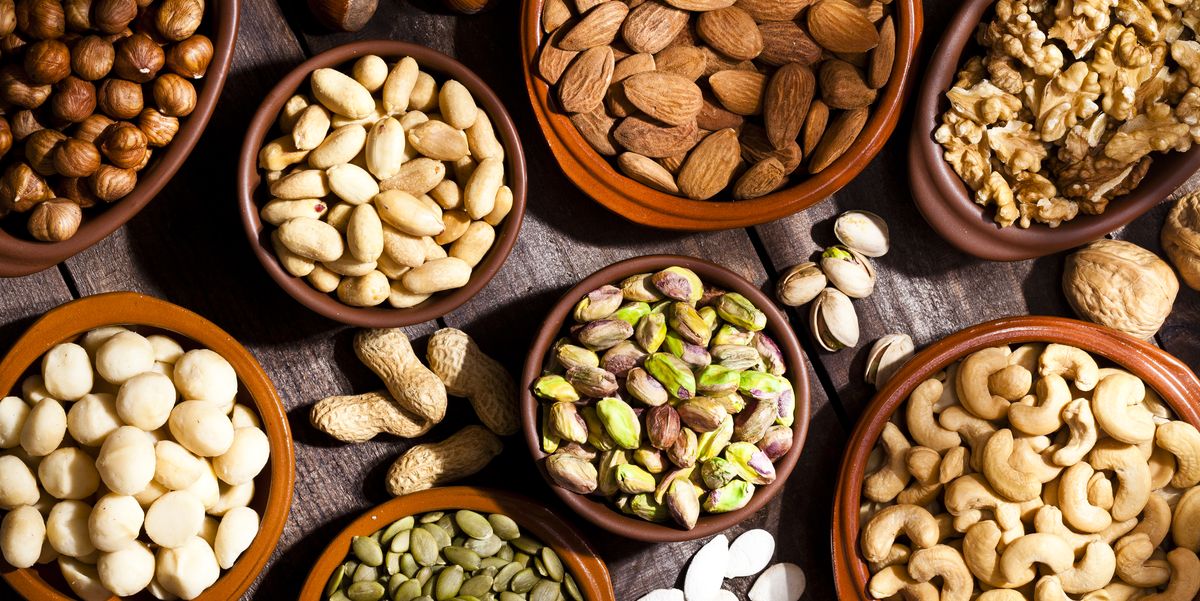Dr Tim Spector has highlighted a concerning connection between mental health and gut health.
In an episode of Diary Of A CEO, the health expert, frequently seen on ITV’s This Morning, discussed how understanding your gut microbiome could be crucial in combating depression and disease.
Speaking to podcast host Steven Bartlett, Dr Spector suggested that our gut microbe should be considered as its own organ due to its significant impact on our immune system, mood and overall health.
These microscopic organisms produce essential chemicals like serotonin and influence our response to various substances, including food and medication.
The doctor clarified that the term ‘microbiome’ refers to the community of gut microbes, essentially tiny organisms residing in our intestines.
He also emphasised the immense importance of the microbiome, comparing its total weight to that of the human brain.
Dr Spector criticised the traditional view of food, which focuses on calories and macronutrients, as outdated, and stressed the centrality of gut health in understanding nutrition.
“The old idea that food is just calories, macros, it’s fats and carbs and proteins, just those four things… That’s 100 years old mentality,” he told listeners.
According to Dr Spector, gut microbes play a role in determining susceptibility to diseases – such as cancer, autoimmune diseases, and mental health issues.
He cited a study conducted on identical twins to underscore the diversity and significance of a gut microbe, reports Gloucestershire Live.
“The only thing I’ve ever found in 30 years that’s really different about identical twins is their gut microbes. And that explains why one gets cancer, the other one doesn’t, why one gets an autoimmune disease or one’s depressed and one’s happy,” he said.
In a conversation with Steven Bartlett about the impact of a gut’s microbiome on mood, the doctor disclosed that serotonin, a chemical produced by gut microbes, is crucial for maintaining a balance of neurochemicals that ward off depression and anxiety.
“We know more about mood than anything else, and so we do know that depression, anxiety is intricately linked to the quality of your gut microbes,” he added.
“So it’s a transmissible condition. And if you go back to me telling you that one of the chemicals that our microbes produce is serotonin.
“Some sort of cuddle, love, friendly, warm chemical that affects our brain, that is the key to dopamine and everything else that goes on in our head.”
Tim Spector cautioned that the contemporary diet, often high in processed food, contributes to poor microbiome health and worsens mental health problems.
He suggests that addressing diet and enhancing gut health can be a more effective initial step in treating depression than immediately turning to antidepressants.
Jillian Michaels discusses benefits of the Mediterranean diet
He clarified: “If you want to help someone with depression, the first thing is not to put them straight onto an antidepressant.
“Which, in many cases does didn’t work because of this individuality as talking about, which probably, again, related to the microbes because they break down the tablet into its active chemicals. But it’s to make sure they’ve actually got gut-friendly diet.”
To boost gut health, the expert advises adopting a Mediterranean-style diet and regularly taking probiotics.
“If you take a group of depressed or anxious people, virtually all of them will have deranged microbiomes and be producing abnormal chemicals. And there have been now some recent studies showing that, compared to traditional antidepressant medication, probiotics do work as well if you give a course of probiotic medication.
“But even more impressive is if you give them a Mediterranean gut-friendly diet, you get actually better results.”
Tim Spector says eating a healthy diet can lead to a healthy gut, which can improve your mood and mental health (Image: Getty)
What does a Mediterranean diet entail?
A classic Mediterranean diet is characterised by a high intake of vegetables, fruits, legumes, grains, and grain-based products, such as wholegrain bread, pasta, and brown rice.
This diet includes a balanced mix of fish, white meat, and some low-fat dairy products, along with occasional nuts. It features smaller portions of red meat and sweet treats.
Instead of saturated fats like butter, lard, or ghee, it incorporates healthier unsaturated fats like olive oil. The British Heart Foundation has highlighted the benefits of a Mediterranean diet, noting studies that show it can reduce the risk of health issues like type 2 diabetes, high blood pressure, and high cholesterol, all of which are linked to heart disease.
Research suggests that those who stick closely to this diet may live longer and have a lower risk of obesity.
What exactly are probiotics?
These beneficial live microorganisms, such as bacteria and yeasts, are often found in yogurts or as dietary supplements and are known as “good” or “friendly” bacteria.
Probiotics are thought to help restore the natural balance of bacteria in your gut, particularly after disruption due to illness or treatment. The NHS acknowledges some evidence supporting the use of probiotics for conditions like irritable bowel syndrome (IBS).
Fermented foods, rich in these helpful bacteria, aid digestion and improve gut health. Examples include yogurt, kimchi, sauerkraut, miso, tempeh, pickles, kombucha, hard cheeses, and apple cider vinegar.
Who is Tim Spector?
Tim Spector, a distinguished scientist and writer, has brought about a revolution in microbiome research. By initiating groundbreaking studies and setting up the TwinsUK cohort, he has reshaped our comprehension of personalised medicine.
His books are designed to motivate people to take charge of their health, envisioning a future where microbiomes are central to well-being.


